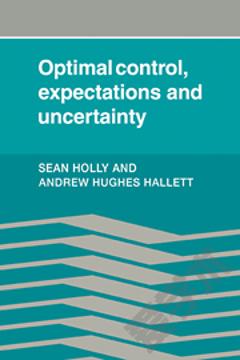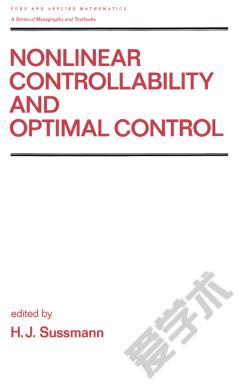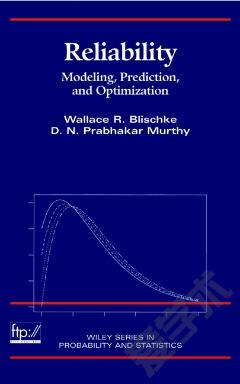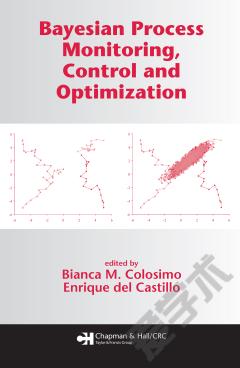Optimal Control, Expectations and Uncertainty
The rational expectations revolution and other developments in economics (notably game theory) have fundamentally altered the application of optimal control theory to economic forecasting and planning. In particular, they have shown that economic systems cannot be modelled simplistically on physical systems. However, as the authors of this volume show, these developments have greatly enhanced our understanding of how an economy functions, and now make it possible for optimal control theory to be applied much more effectively to economic modelling and planning. This book is divided into two parts. The first presents the orthodox framework but extends it to allow for multiplicative uncertainty, risk and non-linearities in the econometric model. The second part looks explicitly at the question of expectations. It provides methods by which forward-looking expectations can be treated jointly with the determination of economic policy. It also examines game-theoretic considerations - where, for instance, policy makers may have incentive to renege on their commitments.
{{comment.content}}








 京公网安备 11010802027623号
京公网安备 11010802027623号